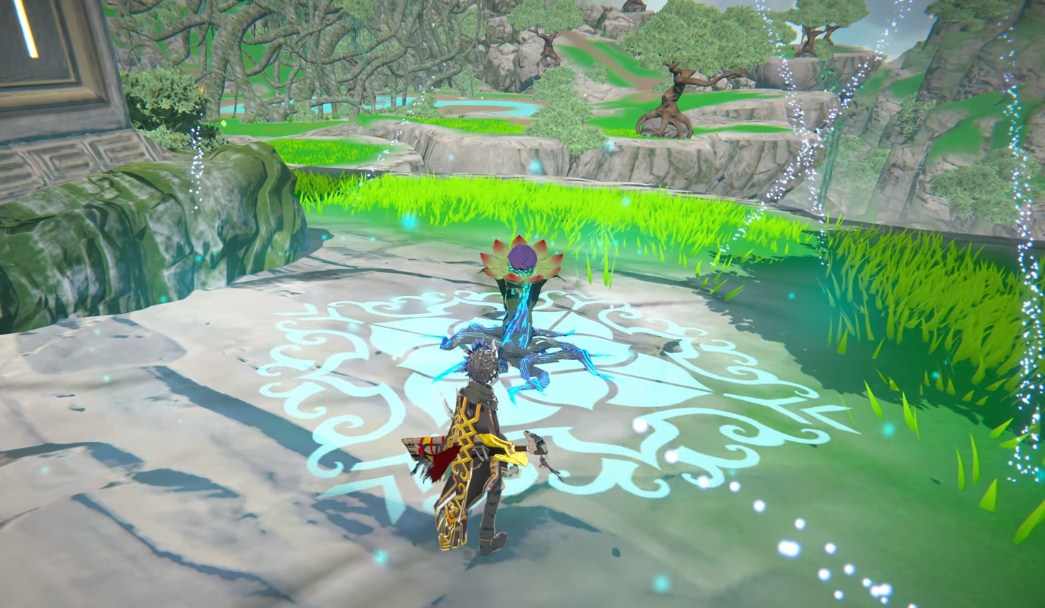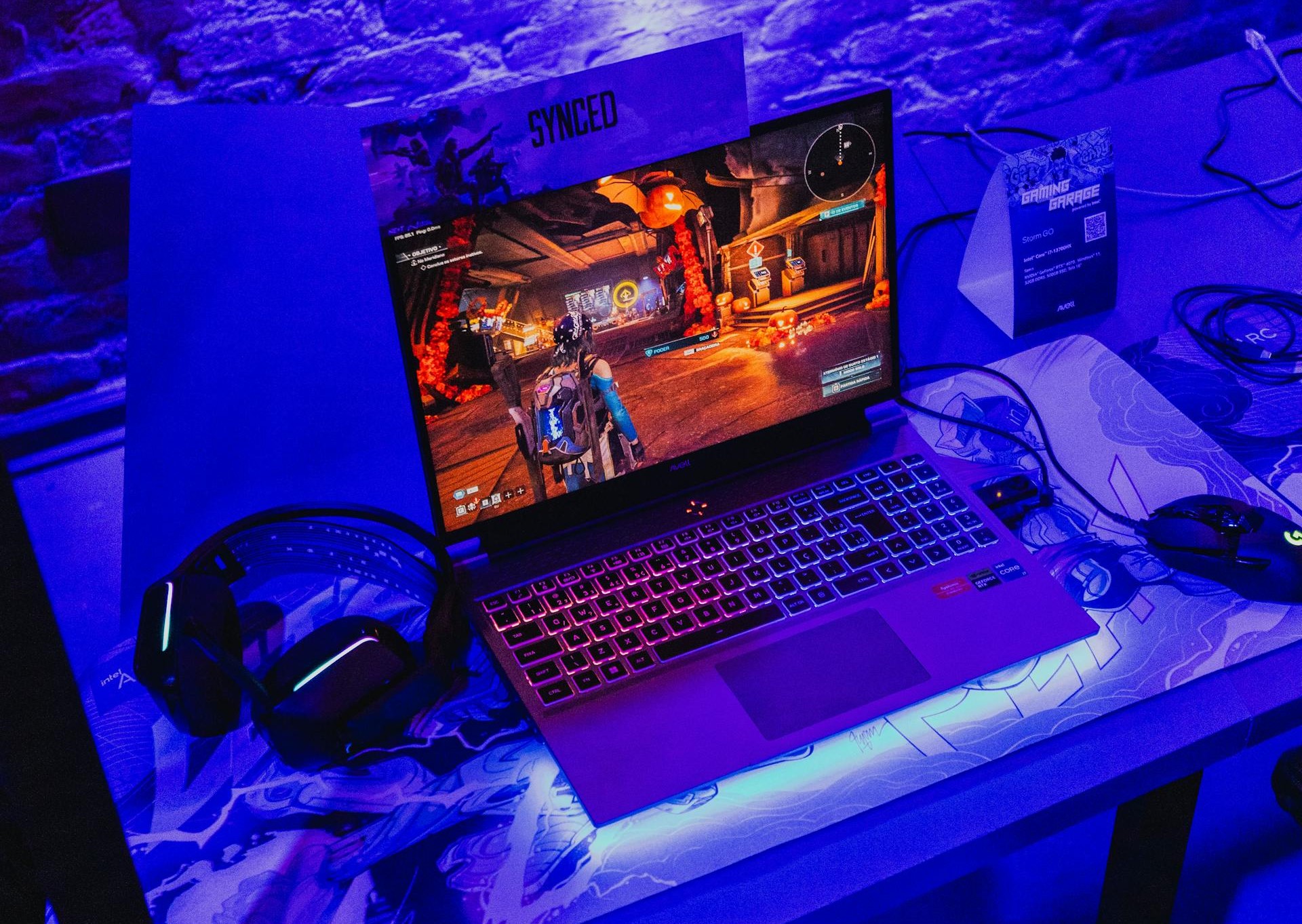
Top 8 Benefits of Localizing Your Game Into Another Languages
Releasing a game in the current hyperconnected, global gaming universe is not a walk in the park. Success does not solely depend on having excellent gameplay or stunning visuals, but also on how effectively your game resonates with gamers of different cultures and locations.
To truly engage players worldwide, localizing game content is a must. But make no mistake—game localization goes far beyond just translating text. Curious how it can benefit your studio? Stick around as we break down the top 8 reasons why localizing your game is one of the smartest decisions you can make.
How Game Localization Helps Developers and Game Studios

Creating a game that succeeds globally requires more than building a great product—it demands a deep understanding of your target markets. That’s where game localization comes in. Yes, it might be time-consuming and resource-intensive—but the returns are often worth the investment. Here’s how localization directly benefits developers and game studios, turning local success into global growth:
1. Reach a Wider Audience
One of the biggest advantages of localizing game content is the ability to connect with a much broader audience. Today’s gaming world isn’t limited to English-speaking audiences anymore. Regions such as East Asia, Southeast Asia, Latin America, and the Middle East have large and growing gaming communities—with increasing spending power to match.
Take Southeast Asia, for example. According to Niko Partners, the region had over 270 million gamers in 2023 and continues to expand year over year. But here’s the thing: many of these players prefer games in their native languages.
If your game doesn't speak their language, you are basically cementing a wall between your product and millions of potential users. To really get to a diverse audience, you have to go deeper, and that is where culturalization, differentiation, and internationalization come into the picture.
Read more: How to Localize Your Game with Indonesian Translation
Culturalization
Culturalization ensures your game doesn't just speak the language—it feels local. That's everything from character names and wardrobe to story elements, humor, and references being customized so they mesh with the target culture. It involves not using images and topics that could be considered displeasing or sensitive in certain areas.
Differentiation
The global gaming market is crowded with essentially the same game and is even more crowded in mobile and indie. Well, with countless titles flooding the market, making your game noticeable can be tough. One effective way to set it apart is by tailoring it to different regions through localization.
When you localize your game for specific regions, you’re not just making your game more accessible; you’re creating a unique gaming experience that feels more intimate to every region.
Imagine you’ve developed an RPG. Now, you’re competing in a crowded market where dozens of similar titles launch every year. To stand out, your localized version might include cultural references your players are familiar with, UI settings specific to the region, or even voiceover work in local dialects.
Internationalization
Internationalization is the technical and design process of making your game adaptable for multiple regions without needing major overhauls. It’s not just about translation readiness. It’s about structuring your game so it can function naturally across cultures.
This means it’s essential for the game to have the adaptability to change currencies, date and time formats, and units of measurement to conform to local practice. For example, a game should present a character's weight in pounds in the United States and kilograms in Europe or Asia. Or consider virtual stores in your game, like players in Japan expect to see yen, while those in Indonesia expect rupiah.
2. Boost Downloads and Sales
Numbers don’t lie. Data from Distimo shows that localized apps see a 128% increase in downloads and a 26% boost in revenue after the native language was added. Why? Because people are more likely to engage with—and purchase—something they fully understand. It proves that by localizing your game, you provide a more fluid and engaging experience that results in better ratings, more word-of-mouth excitement, and ultimately, more retention.
3. Increase In-App Purchases and Monetization
Think about how much content in your game depends on language: character interactions, in-game purchases, tutorials, customer support prompts, etc. That’s why localizing game content is not just a nice-to-have—it’s a strategic move to deepen user engagement and boost monetization. When players fully understand what’s happening, they’re more likely to stay longer, progress further, and ultimately, spend more.
Also, according to CSA Research, 76% of users online tend to favor purchasing items when they're offered in their native language. That behavior extends directly into the gaming world. When users can navigate the in-game shop, understand item benefits, and follow upgrade prompts without confusion, they feel more confident making purchases.
4. Strengthen Your Brand

While gameplay is the core of your product, your brand is one that players will carry long after they close the app. This is why having a strong, consistent brand presence in all of the markets you operate in is essential for long-term success—and game localization is a big part of this.
A well-thought-out localization strategy will help you keep your messaging consistent in various regions without losing your game’s core identity. Whether it’s adapting promotional materials for different platforms or tailoring ad copy to local humor and references, these efforts show players that you understand their unique context. This consistency across languages and cultures doesn’t just help you look polished but also builds credibility.
5. Gain Favor with App Stores
In the competitive mobile gaming market, visibility is everything. And one of the most effective yet often overlooked ways to increase your game’s visibility is by winning the favor of app stores. This is the point where adapting your game for local audiences can become a major competitive advantage.
Both Play Store and App Store are programmed to give users region-specific, personalized results. That means if your game metadata such as titles, descriptions, and keywords are in English only, you're missing out on millions of possible players that search using their native language.
There is no better way to appear in local search results than by localizing your metadata. For example, a Thai user searching for a puzzle game is far more likely to discover your game if your title and description appear in the Thai language.
6. Increase Game Reviews and Ratings
Providing players with understanding and enjoyment of your game in their native language will lead players to leave more positive reviews. Utilizing reliable instructions, cultural instructions, contextually relevant dialogue, and a natural UI all lead to a more comfortable and enjoyable experience. That often results in high satisfaction and the inevitable 4- or 5-star ratings. And those ratings? They’re what push your game higher in app store rankings.
On the other hand, it should be noted that even with strong language skills, localization alone isn’t enough if one doesn’t know the language well enough. Efficient translators are not mere language professionals—they also need localization experience in games as well as in game development, at least.
7. Localization Quality Assurance (LQA)
A commonly underrated aspect of localizing a game is the crucial LQA process, which ensures the final product meets quality standards. While localization could begin with the work of translating text, UI elements, and cultural sensibilities, the final quality audit ensures that everything functions as smoothly in the localized version.
LQA goes beyond proofreading. It involves testing the game in its localized form to catch language-specific bugs, broken layouts, misaligned text, audio syncing issues, and culturally inappropriate content that might have been overlooked. In other words, LQA ensures that the localized experience is just as smooth, intuitive, and engaging as the original.
Why does this matter so much? Because technical issues and localization errors can be deal-breakers for players. Releasing a game with text that spills outside buttons, mistranslated mission objectives, or voice lines that don’t match the subtitles will reflect poorly on your studio. In some cases, it can even lead to damaging reviews that hurt long-term success.
8. Open Doors to Partnerships and Sponsorships
Are you on the same page that reaching more players is more than just getting more players–it’s opening up additional business prospects? A localized game that is accessible to a wider audience becomes even more attractive to potential partners-regional publishers, local influencers, and even government organizations investing in digital innovation.
You could look at it this way —regional publishers will choose to distribute and promote a game that communicates in their market language both literally and culturally. When a game is properly localized, it becomes a platform they can use to connect with their audience, minimizing localization requirements on their end.
Also, local streamers and influencers, especially in gaming-dominated regions like Southeast Asia, would want to grab games that appeal easily to their target audiences. If your game is being launched in English alone or other non-local languages, they will likely not pick it up over something more appealing to their audience.
But when your game is properly localized, it signals that you’re serious about engaging their community, opening the door to shout-outs, sponsored content, live-stream playthroughs, and more.
Wrapping Up
If you want your game to go global, it needs to speak the player’s language culturally. From higher revenue to better reviews, game localization pays off at every stage.
Fortunately, you’re not expected to manage everything on your own. Digital-Trans Asia is your trusted partner in localizing game content for Southeast Asia and beyond. Our expert linguists and cultural specialists ensure your game feels native whether it’s in Bahasa Indonesia, Melayu, Thai, Vietnamese, or other regional languages.
Read more: Indonesia Game Localization: Enhancing Quality and User Satisfaction
Ready to Skyrocket Downloads & Revenue in Southeast Asia?
From Bahasa Indonesia & Melayu to Thai, Vietnamese, and beyond — Digital-Trans Asia delivers full-cycle game localization + LQA that turns your title into a regional blockbuster.
128% more downloads. Higher IAP. Top app store rankings. Local influencer love.
Contact Digital-Trans Asia Now → Launch Your Game Globally Today!